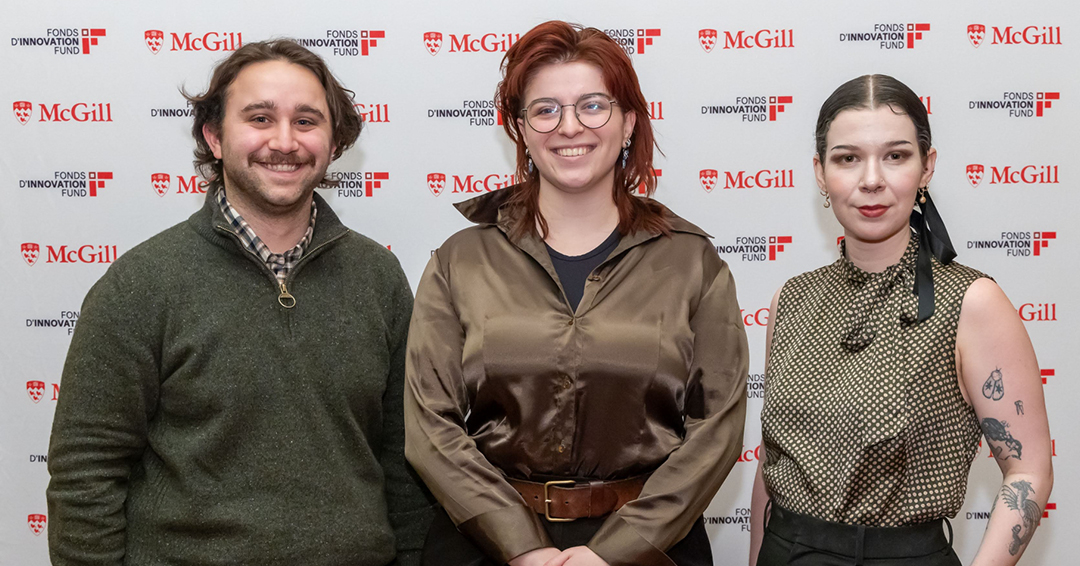TissueTinker, a McGill University spinout company, has developed 3D bioprinting technology to create miniaturized tumor models for cancer drug testing. The company recently received funding from the McGill Innovation Fund (MIF) Develop award program. Their approach uses bioink to print complex tissue models that replicate both healthy and diseased tissues side by side.

The technology addresses a significant challenge in cancer drug development, where more than 90% of cancer treatments that pass preclinical tests in animals fail during human trials. Current testing methods rely primarily on animal testing and 2D cell cultures, which don’t accurately replicate the complexity of human tumors. The U.S. Food and Drug Administration has announced plans to replace animal testing with more human-relevant models to improve drug safety and reduce development costs.
TissueTinker’s bioprinted models measure as small as 300 microns and can be customized based on specific research requirements. “This is the sweet spot size,” co-founder Benjamin Ringler explained. “It’s large enough that it’s still valuable for testing purposes, but small enough to minimize resources.” The models allow researchers to analyze specific properties like hypoxic cores, which are low-oxygen areas within tumors.
The company was founded by Benjamin Ringler, Madison Santos, and Isabelle Dummer, who have backgrounds in biomedical engineering, cellular and gene therapy, and medtech development. They plan to expand their tumor library this year and develop a suite of models that can be licensed to different companies. Clinical development costs can reach $1-2 billion per drug, with 67% of those costs concentrated in clinical trial stages, making early-stage predictive tools financially important for the pharmaceutical industry.
Source: healthenews.mcgill.ca

